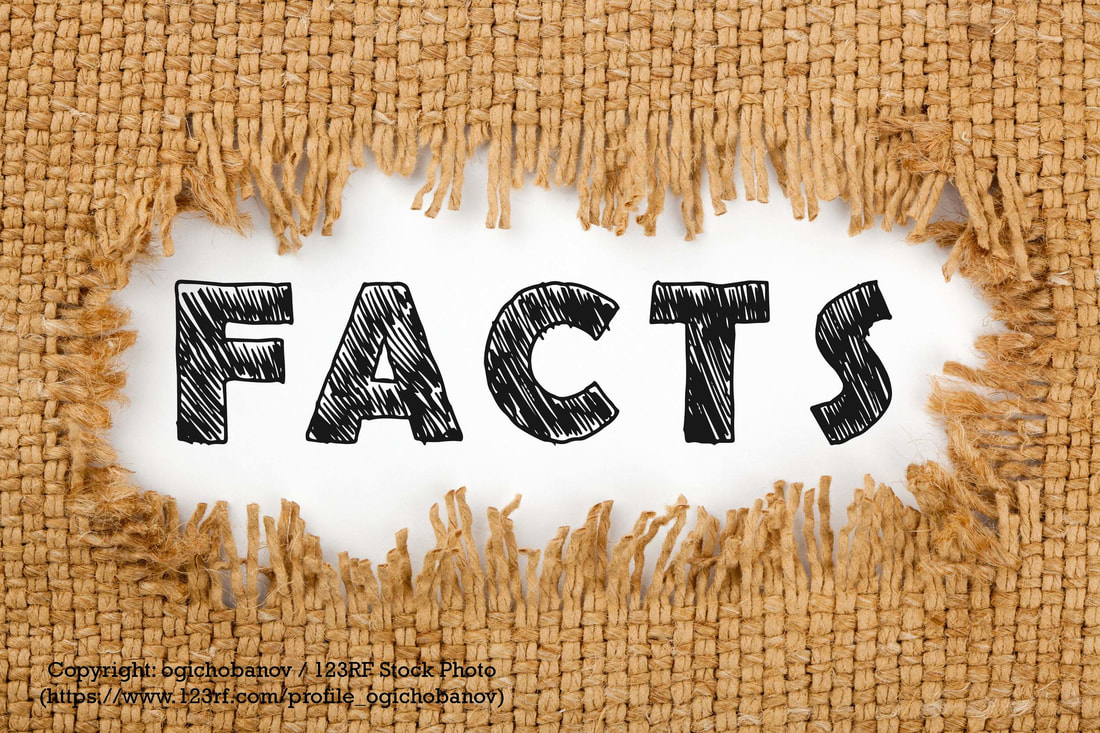Each season Master Gardeners answer a plethora of questions for the public about gardens, turf, trees, flowers, vegetables, insects, and plant diseases. Some people have methods of gardening that have been passed down through generations that have no basis in fact and can, in fact, be downright detrimental to the landscape. One very common practice is using salt for weed control in an asparagus patch. This old practice involves pouring salty water or granular salt in among the asparagus plants to kill the weeds. While asparagus is deep-rooted and has a higher salt tolerance than shallow rooted weeds, this is still a poor practice. The salt destroys soil structure, creates a crust on the soil surface, and results in poor water penetration. Ultimately it will kill the asparagus along with the weeds. Mechanical (shallow tilling or hoeing in the spring), cultural (applying mulch), or chemical (using preemergent herbicides) are all superior weed control methods. Epsom salt application is another favorite of the garden misapplications. Epsom salt is high in magnesium and some gardeners use it generously when growing roses, peppers, and tomatoes. In reality, unless the soil is extremely deficient in magnesium, it will not be of any benefit. Even then, the application may result in environmental harm that negates any benefit. A soil test would be the first line of defense to determine if any deficiency exists. In that unlikely event, an addition might be necessary, but Epsom salt would be a poor choice for an amendment. Magnesium is not a macro element needed for ideal growth. Healthy soil and the three major elements, nitrogen, phosphorous, and potassium, will produce ideal growing conditions. A common misconception when planting a tree or shrub is to dig the planting hole twice as wide AND twice as deep as the root ball. Only half of that statement is correct. The hole should be twice as wide, but only as deep as the root ball itself. Deep planting leads to stress, decline, and eventual death of the tree. Contrary to popular opinion, tree roots do not grow deeply like a carrot, but they spread widely. They will extend as far, or farther than the tree canopy. Ninety to ninety-five percent of the roots will be within the first three feet of soil, and fifty percent will be within the first foot. When planting a new tree, identify the first set of primary lateral roots and locate them at or near the soil level. Another mistake is to add compost to the planting hole. Roots prefer to grow in this nice, soft soil and will curl around and try to stay in the area instead of spreading out. This will lead to girdling and eventual tree death. Instead, backfill the hole with native soil. The last fantasy is a potentially deadly one: organic pesticides are not as harmful as synthetic ones. Keep in mind that arsenic, snake venom, and E. coli are all organic, and all can be deadly. A pesticide is defined as “any substance or combination of substances intended for preventing, destroying, repelling, regulating, or controlling pests.” This covers both organic and synthetic pesticides and includes herbicides, insecticides, and fungicides. The perception is that organic pesticides are gentler to the environment. However, if improperly applied, organic pesticides containing pyrethrins (a compound extracted from chrysanthemums) can be toxic to both humans and pets. Rotenone, another organic compound, can be hazardous to aquatic life. All of them are harmful to beneficial insects. To determine relative toxicity on any pesticide label, look for the signal words “Caution” (least toxic), “Warning”, or “Danger” (most toxic). However, these words do not give an indication of environmental harm, only toxicity. In any case, use according to label directions. When trying to determine if a practice is sound or is based on questionable data, always use university based research. Find sites that end in .edu or .gov when using the internet as a resource. Consult the County Extension Office or a Master Gardener for assistance. Happy Gardening. Carol Shirk Certified Master Gardener Original Post at: https://dodge.uwex.edu/2017/04/ask-a-master-gardener-garden-facts-and-fantasies/ This is a guest post from Carol Shirk, UW-Extension Master Gardener Volunteer. She is from Dodge County and has been a Master Gardener for over 20 years, grew up on a dairy farm where they grew most of what they ate. She jokingly says that she was the original Cabbage Patch Kid, because she was literally raised in a garden. She has been gardening in some form or another for more than 60 years.
0 Comments
Leave a Reply. |
|
| North Country MGV | gARDEN bLOGS |
Location |
|

 RSS Feed
RSS Feed